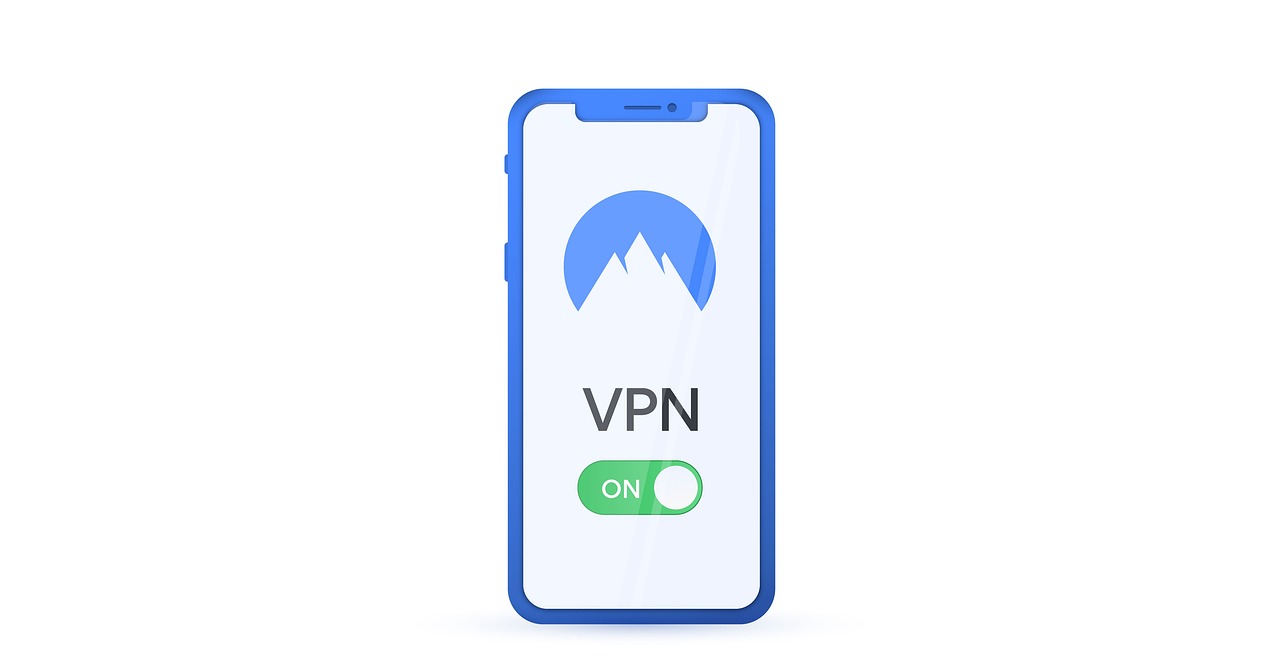With the popularity of the Internet, VPN (Virtual Private Networks) have become increasingly important in protecting privacy, breaking through geographic limitations, and providing faster Internet connections. However, as there are many VPN service providers, users may feel confused when choosing one. How to choose a reliable and stable VPN becomes a key issue. In this article, we will introduce you how to choose a trustworthy VPN to safeguard your network security and unobstructed internet experience.

I. Find a Reputable VPN Service Provider
Choosing a reputable VPN service provider is the first step to ensure the reliability of your VPN. When choosing one, you can consider the following factors:
1.Word of mouth and reviews: check user reviews and feedback to find out how reputable the service provider is. Search for user reviews and ratings online, or ask friends or colleagues about their experience.
2.Professional reviews: Read professional review articles to find out how the service provider performs in terms of security, speed and stability. Professional reviews can provide you with objective references.
3.Company background: Understand the company background and history of the service provider. A service provider that has been around for a long time and has a good reputation may be more trustworthy.
II. Focus on VPN security and privacy protection
VPN is a tool used to protect users' privacy, so security and privacy protection are key factors when choosing a VPN.
1.Encryption technology: Choose a VPN that uses strong encryption technology to ensure that your data is effectively protected during transmission. Common encryption protocols include OpenVPN, IKEv2/IPsec, etc.
2.Logging Policy: Check the logging policy of the service provider and choose a VPN that doesn't log user activities to ensure that your online behaviour is not recorded and tracked.
3.IP Leakage Protection: Confirm whether the VPN has IP leakage protection. IP leakage may expose your real IP address, thus affecting your privacy.
III. Consider the speed and performance of the VPN
A VPN connection may affect the speed of Internet access, so speed and performance are also important considerations when choosing a VPN.
1.Bandwidth: Understand the service provider's bandwidth limitations and choose a VPN that offers sufficient bandwidth; insufficient bandwidth can lead to network congestion and reduced speeds.
2.Server Location: Choose a VPN service provider with widely distributed servers to ensure that you are able to select the closest server for a faster connection.
IV. Device compatibility and multi-device support
Consider your usage habits and needs and choose a VPN that supports all the devices you use. some VPN service providers support multi-device connections so that you can use the VPN on different devices at the same time.
V. Global Coverage and Geographic Selection
If you often need to access websites or services in different regions, choosing a VPN service provider with global coverage will be more advantageous. Global coverage means that the provider has servers all over the world, so you have more flexibility in choosing the server that is closest to your location or has the best network quality, resulting in a more stable and faster connection. Additionally, global coverage can help you bypass geo-restrictions and access blocked content, such as watching streaming TV in other countries or accessing special offers in specific regions.
 Email
Email